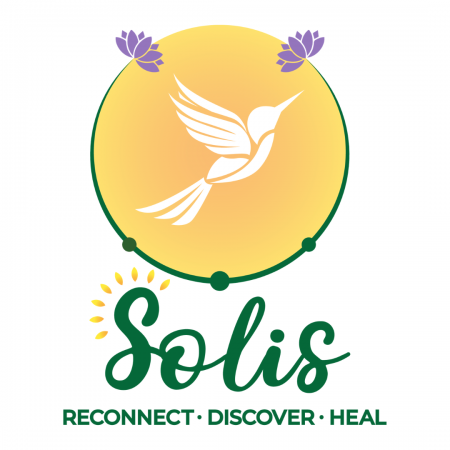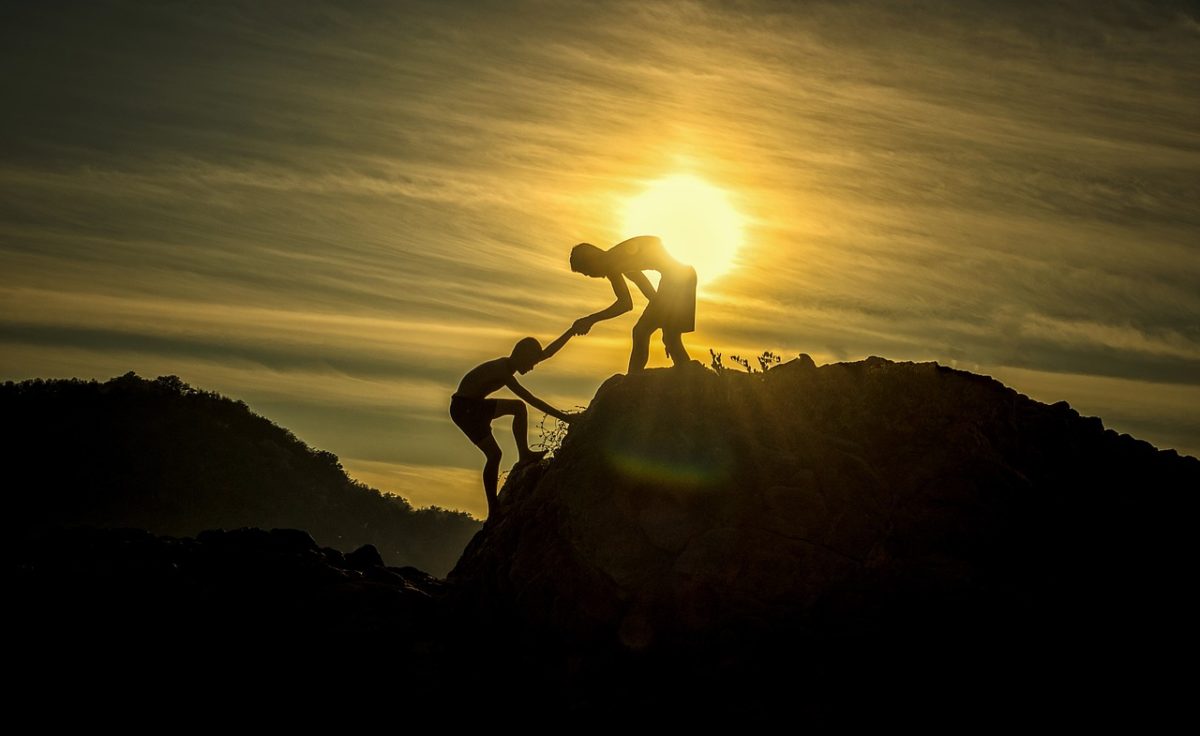I like to say I’m a recovering people pleaser. I mean, I had it bad, and it’s still something I struggle with. There are a few places this stemmed from I think, some bullying as a kid, feelings of low self-worth in relationships, and the loss of my father when I was 11; if you spend all your time making sure everyone is happy, they will always like you and they will never leave you, right? Wrong. And man, did it take me a long time and cancer to figure that one out. What you will have instead is a bunch of commitments you never wanted and the belief that what you do want doesn’t matter quite as much as what everyone else does.
I discussed this in detail in my three-part series “We Are Worthy”, which you can check out here, so I won’t rehash it but instead use it as a jumping off point for something else that I have always struggled with: asking for help. And I think this is a common issue among many of us.
They talk about the “breast cancer personality” as someone who is constantly taking care of others, who consistently puts themselves second, who subconsciously (or even consciously) believes that their needs are not as important as someone else’s, who always says “yes” and can’t seem to say “no”. And asking for help from others? Forget about it. This someone couldn’t possibly impose on a loved one in that way by asking for something, the same or similar something that they themselves help with so willing multiple times a day. This definitely described me, so much so that I can’t help but smile and shake my head every time I hear it.
I don’t think that this personality is confined to breast cancer patients though; I feel as though this is the personality of many of the sick and tired. We have so many demands these days, from work, from family, from friends, from life, so many stressors from so many places and such a desire to address them all right now, such a belief that we NEED to keep up with them all that eventual illness seems inevitable. And then a crisis like cancer comes and perhaps we ask for a little bit of help, but many of us still don’t ask for as much help as we need. We have forgotten how, and it is making us sick.
So, how has this happened? For me, it was a combination of my insecurities and my high expectations for myself. I was so afraid of not being good enough, not being liked enough, of being judged too much, of disappointing people. I was worried people would leave me or not want to be my friend anymore or would think poorly of me, because I was telling myself I was bad if I said no. I was anxious that people would be incredulous and think I was incapable if I asked for help, that I was weak or less than or not deserving of help. By not asking for help, I was avoiding what I assumed I would discover: that they thought these things about me. Of course, they weren’t thinking these things; I was thinking them, and then believing them to be true. And on top of that, I felt as though I should be able to do it all without asking for help. That’s what society demands of us these days.
Letting all of that go, all of our limiting beliefs and insecurities and incorrect assumptions, is the first piece of the puzzle. Once we can release all of that and get past the thoughts we tell ourselves, we can see that asking for help is a normal and actually quite lovely part of life. As much as we love helping other people, as good as that makes us feel, others love helping us just as much. It is actually a gift to ask someone for help, to provide them with an opportunity to feel as though they are making a difference by making things a little bit easier for someone they care about. It’s a wonderful feeling, so share it! And there is no better or more important time to ask for help than when we are faced with a crisis like cancer. People want to help, particularly in serious or critical circumstances where the help they offer will make such a huge difference.
The other important piece of this puzzle is knowing how to help yourself, and then having the courage to actually do it. You have to decide what you are able to do (which is a combination of what you have the time, energy, and desire to do) and what you are not able to (which is a combination of what you do not have the time, energy, or desire to do). Being honest with yourself about your limits takes reflection and acceptance, but once you are honest with yourself about them and accept that these limits are human and incredibly normal and okay, it will become so much easier to be just as honest with everyone else too.
This might not sound to some like something that takes courage to do, but for people pleasers, saying no and setting boundaries is terrifying. It is synonymous in our minds with loss, with judgement, with letting people down, with people not liking us, and these things are what we fear the most. Deciding for yourself what you can and cannot do, and then setting boundaries around that and saying no when something falls outside of those lines, will do more good for you and your mental health than you can imagine.
Be patient with and kind to yourself, because this shift will take time. Be honest. There is no need to come up with elaborate excuses for why you can’t do something or wild justifications for why you need help. If someone is upset with you for saying no, then that is coming from an issue within them and not with you. And if someone has to say no to helping you, it isn’t because they don’t like you or don’t think you deserve to be helped or any of the other million lies that the sabotaging gremlin in your mind loves to whisper to you. They are simply respecting their own boundaries and limits, just as you are.
So, let people in and let them help. You don’t have to be strong all the time, and you don’t have to do it all on your own. They are there, ready and waiting, all you have to do is ask or accept their offer.
Happy Healing ❤️




0 Comments